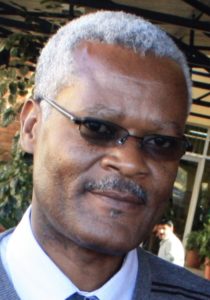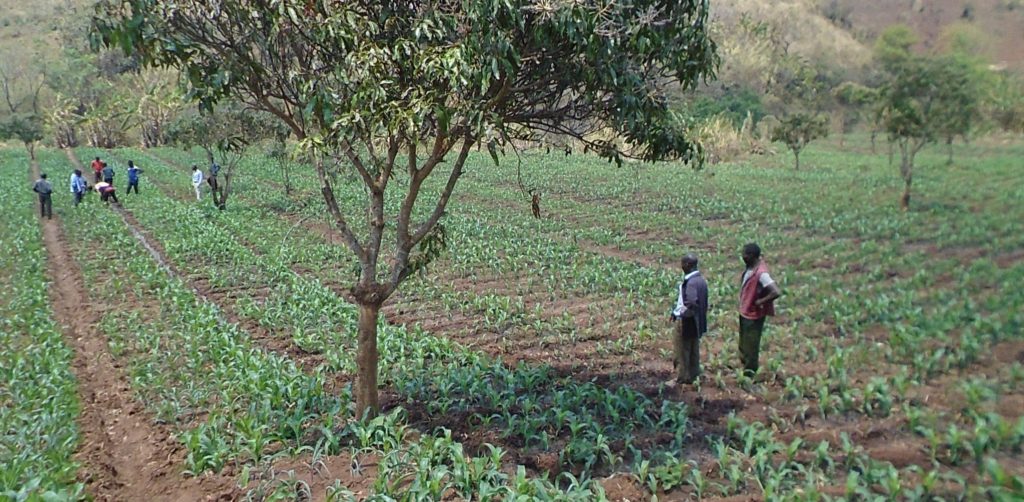
We are looking at food supply challenges facing sub-Saharan Africa, as well as trying to define the best ways to move forward to create long-term sustainability. Our questions are to Chester Kabinda-Mbewe, chairperson for Action for Progress, the not-for-profit Malawi administered organization working side-by-side with the Malawi Project. Last week was Part 1.
Mr. Kabinda-Mbewe, thank you for taking the time to assist us in learning how best to assist Malawi in programs that have the most impact and help to create long term sustainability.
Malawi Project:
“A lot of money has been sent to Africa over the years, but in so many cases, it has not accomplished its purpose. Why do you feel this program is different?”
Chester:
“It is true a lot of money has come to Africa in a number of different forms. Some grants, others are donations, commercial loans, etc. I fail to understand how these funds are administered. Sometimes it appears to me the donors want Africa to remain dependent. The donors specify the conditions, and possible solutions that may have succeeded in other places, but under very different environment and cultural conditions. Even within Africa, a method that works in Somalia may not work in Lesotho. To me the solutions to an African problem must rest with Africans to solve. The solutions can come, but they must be hatched by the people themselves. I do not mean they must do it alone. I know one cannot lift oneself up with only their own bootstraps. Support is needed from first world countries to give the boast that is needed. The core values and solution’s must be transparent and accountability insured, but they must begin with the local people.”
Malawi Project:
“What do you see as the main value to first world contributors if they contribute financially to the Joseph Projects?”
Chester:
“The main value to first world contributors is the fact their contributions will significantly change the lives of Malawians permanently, an attribute lacking in most donor, and even government sponsored projects.”
Malawi Project:
“What do you see as the next step in the Joseph Projects?”
Chester:
“The initial Joseph Projects should begin helping sponsor other Joseph Projects with the farming knowledge and value of working together they have learned in their own successful crop management.”
Malawi Project:
“Where do you see the Joseph Projects ten years from now?
Chester:
“Looking ahead to the time when both donor countries and Malawi recognize the benefits of Joseph Projects to both parties. In another ten years I see the Joseph Projects being a Model for all of Africa as the way to handle donations, loans and grants. The strategy being used in the Joseph Projects can be applied to any another project.”
Malawi Project:
“What would you recommend to those who wish to come and help your country?”
Chester:
“A paradigm shift is required, along with an open mind whereby the donor community realizes in past decades most of methodologies did not really work. Therefore, my personal recommendation is to encourage those who wish to come and help Malawi, to please come. Malawi, being one of the poorest counties, is suffering in so many ways. But one must understand all the suffering has not necessarily been of our own making. Most of it has been due to climate change, unbalanced trade practices, and unfavorable policies imposed on Africa. Please come, but please come with an open mind.”
Malawi Project:
“How can they best serve the people of Malawi.”
Chester:
“The best way to serve any group of people is to get involved and understand them, work with them, and not over them, or behind them. Needing help so badly, and being the recipients, they may accept projects imposed on them, yet know full well that these projects will not work well in their environment.”
This concludes this interview designed to explore ways to best serve the people of Malawi. The overriding conclusion seems to be, “Ask them. Listen to them. Follow their lead!” Many in Africa today are pleading for western aid programs to take the time to involve Malawians at the highest levels of decision making. Until they do their programs will continue to fail to reach the desired goals. We want to thank Chester Kabinda-Mbewe for his thought-provoking observations.
If you wish to share your views on this subject with either the Malawi Project, or with Action for Progress you can email them to info@malawiproject.org

